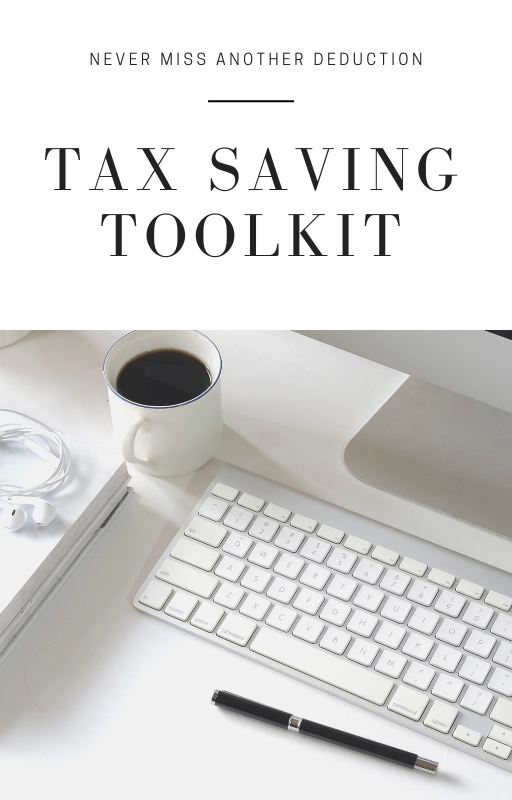We’re thrilled to introduce you to our Free Cash Book software for sole traders, tailored exclusively for sole traders including contractors. Our free bookkeeping system is not only user-friendly but also comes with handy instructions to ensure a seamless experience.
Versatility at Your Fingertips: Excel or Google Sheets
Our cash book is thoughtfully designed for use in Excel or Google Sheets, making it incredibly versatile. It’s the perfect solution for sole traders, contractors, and tradies who operate independently without employees. It’s also an excellent choice for trusts where individual trustees are involved.
Streamline Your Financial Record-Keeping Effortlessly
What sets our cash book apart is its remarkable ability to streamline your financial record-keeping. By using our free cash book software for sole traders, you can effortlessly organize your financial data, making it far more efficient for our team to process. This translates to saved time and reduced accounting fees for you.
Freedom and Flexibility: No-Obligation Services
The benefits don’t stop there. With our no-obligation services, you’re in control. At Accountants 2 Business there’s no long-term commitment, and you can cancel anytime. We’re here to make your business financial management simpler, more cost-effective, and worry-free. Book a free meeting with one of our Accountants to learn more about our services and try our free cash book software for sole traders today and experience the difference.
Clients wanting to use our Free CashBook, please contant your A2B Accountant by email and request your copy.
A2B Free Cash Book Software
Good Bookkeeping Tips
As a sole trader, keeping your financial records in order is essential for the success and sustainability of your business. Good bookkeeping practices not only help you stay organized but also ensure you’re ready for tax season and can make informed financial decisions. One valuable tool for sole traders is our A2B Fee Cash Book Software, below we’ll discuss some important bookkeeping tips to help you maintain well-organized financial reccords.
Regular Bookkeeping is Key
The first and most crucial tip for sole traders is to maintain a regular bookkeeping schedule. Rather than leaving it to pile up, make it a weekly habit. This ensures that you’re up to date with your financial records and can easily spot any discrepancies or issues. You won’t lose track of your claims and will recall the purpose of each purchase. Regular bookkeeping can save you time and stress in the long run.
Use Cloud Storage for Receipts
In the digital age, paper receipts can easily get lost or damaged. Storing them digitally is a smart move. Consider using cloud storage platforms like Google Drive or OneDrive to keep all your receipts in one secure place. Organizing your receipts in a structured manner can make life easier when it’s time to account for your expenses.
Create a Folder Hierarchy
To make the most of cloud storage, create a folder hierarchy that’s easy to navigate. Begin with a top-level folder for each year, and within that, create subfolders for each month. This chronological organization helps you find receipts quickly and efficiently. Additionally, it provides a clear overview of your spending throughout the year.
File Receipts by Date Paid
When storing your digital receipts, it’s important to file them according to the date they were paid. This not only helps you keep track of expenses in chronological order but also makes it easier to reconcile your accounts and locate them if needed. Avoid the hassle of searching for a specific receipt when it’s needed by following this practice.
Utilize Cash Book Software
One of the most significant advancements in bookkeeping for sole traders is the availability of dedicated software like our A2B Fee Cash Book Software. This type of software streamlines the entire bookkeeping process, making it easier and more efficient.
Categorize Your Expenses
When using cash book software, it’s essential to categorize your expenses accurately. Our Cash Book software tools offer a drop-down menu of predefined categories to choose from. Select the appropriate category for each expense. This not only helps you understand your spending patterns but also makes tax reporting more straightforward and reduces your accountings fees because your records are provided in a system familiar and designed for easy, cost effective tax preparation by our Accountants.
Utilize the “I Don’t Know Suspense” Category
If you’re unsure about which category to assign to a particular expense, our A2B Cash Book software allows you to use a category called “I Don’t Know Suspense.” This is a temporary holding category. You can code expenses to this category and add some details to describe the expense. This way, our Accountants can visit it later and correctly categorize it for you.
Seek Professional Help
Maintaining good bookkeeping practices is crucial, but there may be times when you’re unsure about specific entries or require professional assistance. In such cases, don’t hesitate to reach out to us. We offer valuable insights and ensure your records are accurate and in compliance with tax regulations.
Review Your Financial Records Regularly
Regularly reviewing your financial records, either on your own or with the help of an accountant, can help you identify trends, potential tax deductions, and areas where you can improve your financial management. This proactive approach is essential for making informed decisions and ensuring the financial health of your business.
In conclusion, as a sole trader, implementing good bookkeeping practices is vital for the success and growth of your business. Utilizing our A2B Fee Cash Book Software can significantly streamline this process. Remember to maintain regular bookkeeping, store your receipts in the cloud, create an organized folder structure, file receipts by date paid, and accurately categorize your expenses. Don’t hesitate to seek professional assistance when needed, and always keep a close eye on your financial records. By following these tips and using modern tools, you’ll be well on your way to financial success as a sole trader.




